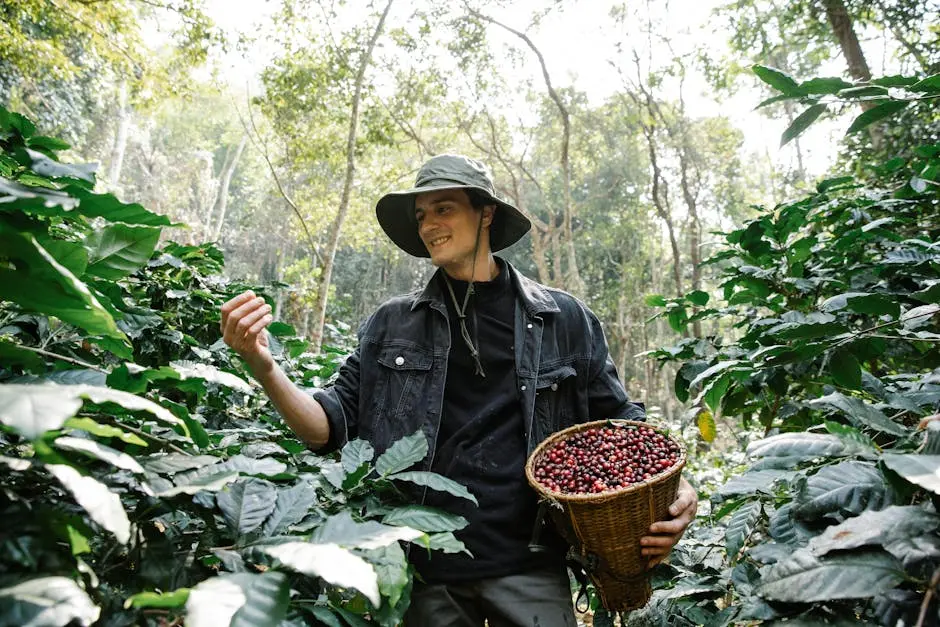Navigating the world of organic coffee can be daunting, especially if you’re unsure about the certification process. This guide breaks down how organic coffee is certified and highlights what to look for when choosing your next cup. Ready to brew some knowledge?
What Does Organic Coffee Certification Mean?
Organic coffee certification ensures that the beans are grown without synthetic fertilizers or pesticides, promoting sustainable farming practices.
In essence, organic certification is a commitment to environmental health. It reflects a farmer’s dedication to preserving soil quality and biodiversity, reducing pollution, and maintaining ecosystem balance.
An organic label signifies that your coffee was produced with methods that support farmers, wildlife, and the environment. It provides peace of mind that your morning brew comes from healthy, well-managed farms.
Moreover, it’s important to recognize that organic coffee doesn’t just taste good; it often has fewer chemical residues. This makes it a better choice for health-conscious consumers, leading to a more natural coffee experience.
How Is Organic Coffee Certified?
The certification process involves strict guidelines set by organizations like the USDA. Farmers must apply and demonstrate their methods over several years.
To receive certification, farmers go through a meticulous evaluation. This includes documenting their practices, undergoing annual inspections, and adhering to consistent organic farming methods.
One key aspect is the three-year transition period. During this time, a farm must operate without prohibited substances before it can legally label its coffee as organic. This ensures that the land is cleansed of chemicals and returns to its natural vitality.
Once certified, farmers need to maintain their organic status through regular inspections and recertification. This ongoing commitment to organic practices illustrates how seriously producers take their responsibility toward consumers and the environment.
Key Certifications to Look For
Look for reputable certifications such as USDA Organic, Fair Trade, or Rainforest Alliance, which indicate different commitments to quality and sustainability.
USDA Organic is perhaps the most recognized, assuring consumers that the coffee was grown under certified organic conditions. But don’t stop there! Each certification carries its own philosophy and standards.
Fair Trade certification focuses not only on organic practices but also on equitable trading conditions for farmers. This means better wages, safe working conditions, and sustainable farming practices.
Rainforest Alliance, on the other hand, incorporates broader environmental and social criteria, helping conserve biodiversity and improve the livelihoods of coffee farming communities. All these certifications reflect a commitment to higher standards in the coffee industry.
Tips for Choosing Quality Organic Coffee
When selecting organic coffee, check for roast dates, sourcing information, and reviews to ensure freshness and quality.
Freshness is often the key to great flavor. Look for bags with clear roast dates, ideally within a month of purchasing. This makes a significant difference in taste and aroma!
Understanding where your coffee comes from can enhance your appreciation. Seek out brands that provide transparency about their sourcing practices and the farms they support.
Lastly, don’t hesitate to read reviews! Customer feedback can give you invaluable insights into the flavor profile and overall satisfaction of the coffee. Remember, choosing organic coffee is not just a purchase; it’s a connection to sustainable practices.
Final Thoughts on Organic Coffee Certification
Understanding the certification process of organic coffee helps you make informed choices that benefit both your taste buds and the environment. Look for credible certifications and enjoy your organic coffee with confidence!


